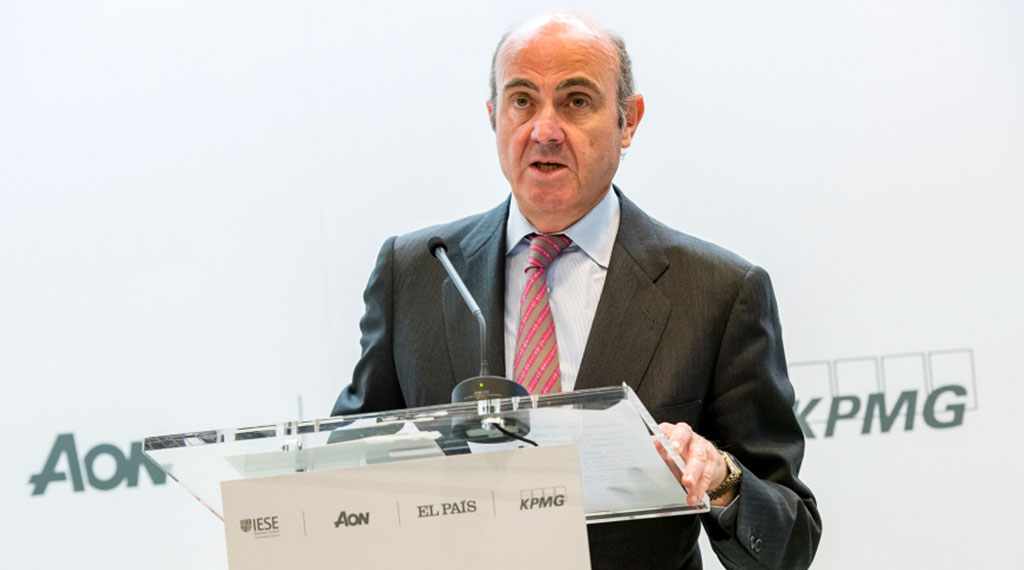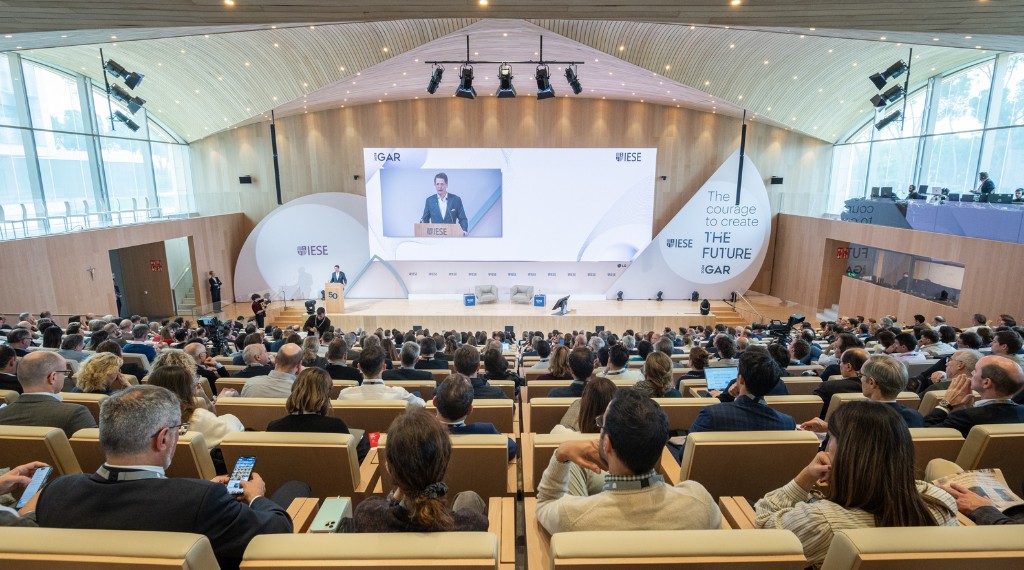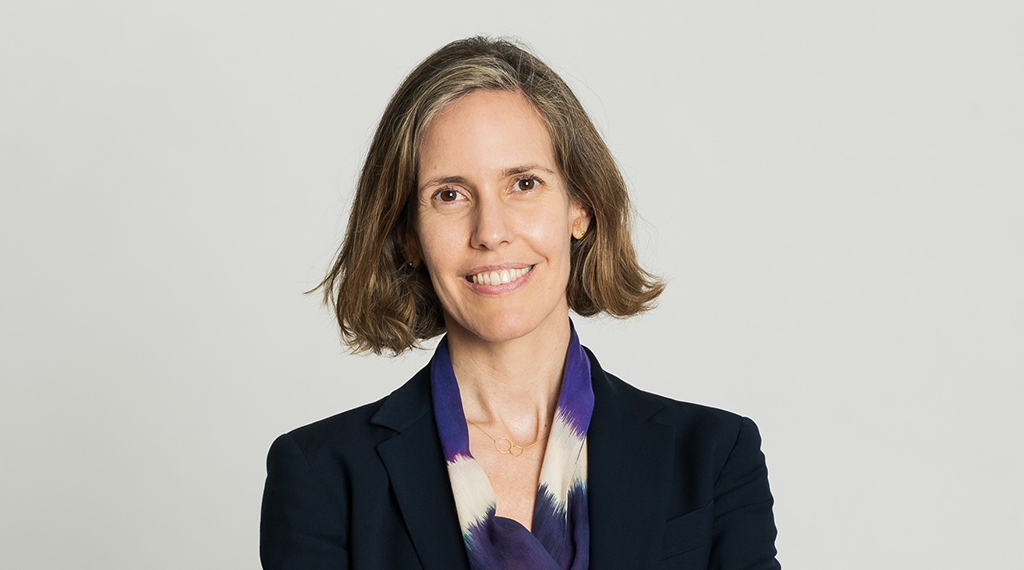Stories
European Central Bank’s Guindos optimistic vaccination will spur economic recovery
ECB vice president speaks at Alumni Learning Program session
Luis de Guindos, vice president of the European Central Bank.
February 26, 2021

As Europe steps up the pace of vaccination against COVID-19, European Central Bank Vice President Luis de Guindos is increasingly optimistic the continent will see a spike in economic growth by the end of the year – though risks remain.
Speaking at an Alumni Learning Program online session with Prof. Xavier Vives, Guindos said the bank expects incipient growth to gather steam as the year progresses. “I think we’ll have an important rebound in activity in the second half of the year,” he said. The ECB estimates GDP growth for 2021 “will be hovering around 4%” and that by mid-2022 GDP will have returned to pre-pandemic levels.
But widespread vaccination will be key. “The rollout is going to be the element that will determine the evolution of the European economy,” he said. If by the third quarter a decent percentage of the European population is vaccinated, governments will be able to lift many of their restrictions at the same time consumer confidence returns. That in turn will allow the service sector to recover in the way that manufacturing already is beginning to, he said.
An additional boost in the second half of the year: disbursement of funds from Europe’s multi-billion Recovery and Resilience Facility, which should reach government coffers mid-year. “This will be a second and very important helping hand to the economy,” he said.
The funds – which take the form of loans and grants to governments — offer European countries a unique opportunity not only to recoup economically from COVID-19 but also to implement reforms, making progress on digitalizing their economies and fighting climate change, he said.
That doesn’t mean everyone will be on equal footing, he warned. Some European countries have been hit harder than others. Small companies have fared worse than large ones. Existing inequalities have widened. “The pandemic, despite the fact that it has been a common shock, has had an asymmetric impact,” he said.
The pandemic, despite the fact that it has been a common shock, has had an asymmetric impact.
Luis de Guindos.
Vice President, European Central Bank.
Eyes on inflation, public and private debt
And many risks remain. Policymakers must resist the temptation to reverse massive fiscal and monetary measures – which he noted had been “very rapid, very intense, very profound” — too quickly.
Some of the many questions surrounding the policy response are: Will countries be saddled with debt for years to come? Will inflation surge? How will the European banking system emerge?
While Guindos recognized that there had been a spike in inflation in Europe in the first months of 2020 – due to such factors as rising oil prices – he said he doesn’t think it poses a risk for the near term. Inflation on average is expected to be around 1% in 2021, he said.
Noting that inflation had been low in Europe for more than a decade, he said he expects price pressures to remain tame for the next one to two years despite the massive stimulus packages.
“I think we will have to pay attention to inflation in the medium term,” he said, noting that inflationary behavior often stumps economists, and it remains to be seen whether structural factors such as globalization, digitalization and changing demographics have reduced the threat of rising prices.
And as for debt, he said that there is no doubt that countries and corporates will emerge from the crisis with a higher debt burden than before the pandemic. While that has been a necessary consequence of the response to COVID-19, once the pandemic is over work on reducing that burden must begin. “They will have to put in to place credible fiscal consolidation plans once the pandemic is over,” he said.
Another risk he flagged is the low profitability of European banks, a reality before COVID-19 and even more pronounced now. That means low valuations on the stock market, with the subsequent difficulty in raising capital. It may also lead banks to provision less at a time when non-performing loans are expected to increase.
In addition, government measures have so far blunted the number of corporate defaults – but that will not always be the case. There may be a wave of corporate defaults, with the accompanying fallout for banks. “It’s very important to withdraw these measures with a lot of care, and with a very balanced approach,” he said.
Stock markets and bitcoin
Asked whether he thought markets are overvalued at the moment, Guindos said that there is a lot of dispersion of prices, in terms of assets and in terms of countries. “Not all assets are in the same situation,” he said. Equity prices in the U.S. are relatively high, whereas in Europe corporate fixed-income markets are more robust.
But in general, the worry of overvaluation tends to be more acute in the U.S. than in Europe. “The situation in the U.S. is more prone to a sort of overvaluation because leverage in the U.S. is much higher,” he said.
One asset Guindos does feel is overvalued is bitcoin. Warning that the cryptocurrency’s highly volatile price is disconnected from its fundamentals and that it’s an ill-advised channel for liquidity, he said he is surprised it is attracting so much investment, even by large companies. “The only element behind it is its scarcity,” he said.


